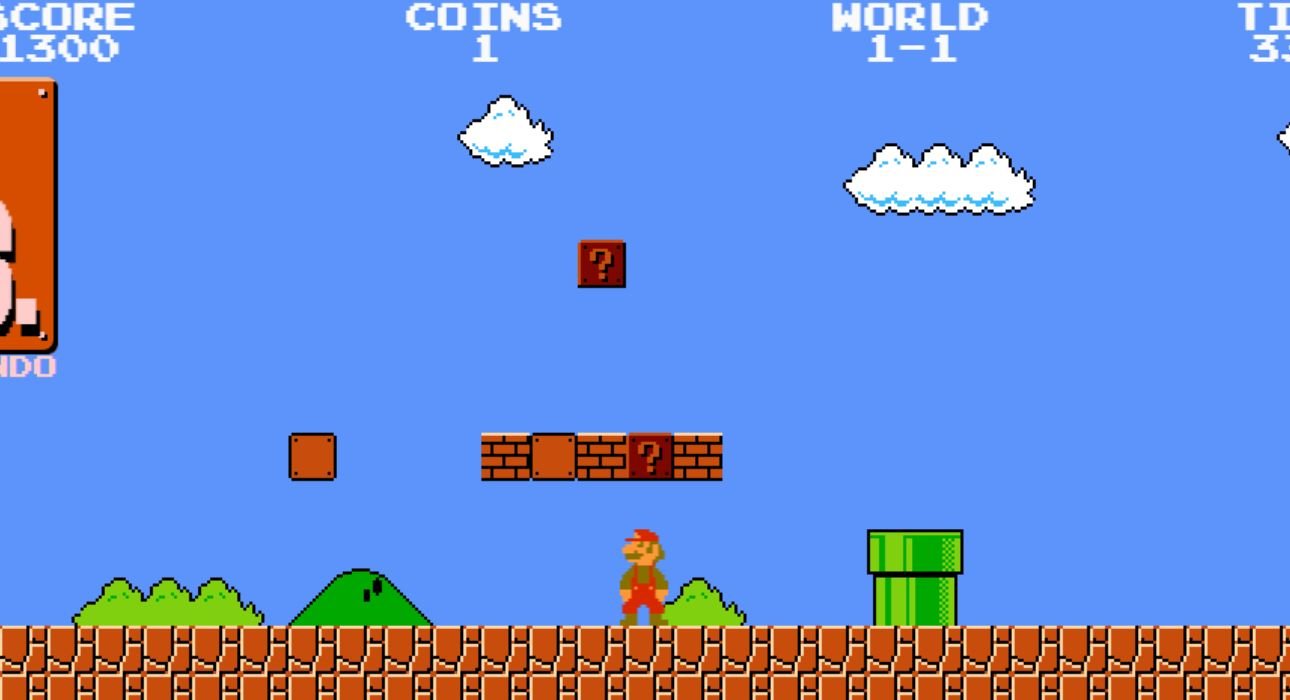These days, it is impossible to imagine a person below the age of 80 who has never played or even seen a video game. It often begins with a child playing simple mobile games like Candy Crush. Over time, this habit can escalate to more intense and violent games, such as Call of Duty, which revolves around killing as many soldiers as possible. These games captivate a significant portion of the population, cutting across all age groups, and often immerse players so deeply that they lose touch with reality.
Video games are fun, there is no doubt about that, but their effect on our brain is something that many psychologists, neuroscientists and educators have disagreed about for years. Do video games have adverse effects on our intellectual abilities, or can they be beneficial? In this article, we will explore the psychological implications of video games, delving into how they influence the structure and function of our brains.
The Relationship between Video Games and the Brain: the Evidence
Every time you play video games on a console or PC, you enhance your brain’s power to work under pressure, concentrate, and think of ways out in a matter of seconds. Among the many areas of the brain in which video games engage, they generally engage:
- The Prefrontal Cortex- This is the brain part that engages during a decision or problem resolution.
- The Hippocampus- Pertains to such functions as memory and learning.
- Reward System- This has to do with dopamine, this area of the brain gives pleasure upon completion of a level or winning a game.
Video games like Super Mario are more than just idle pastimes—they can act as mentally stimulating activities that may either constructively enhance cognitive skills or potentially have negative effects, depending on how they are played and for how long.
The Advantages of Gaming to The Brain
1. Cognitive Enhancements
Studies show that engaging, entertaining in particular, action-oriented and strategizing games enhance cognitive aspects of engagement like attention and recall as well as problem-solving. As mentioned in Nature, this research states that in 2013 study showed that Playing video games for 30 minutes everyday two months sharpened the multitasking ability due to focused attention.
For example, let’s take the game Age of Empires; it requires players to create game plans, utilize limited resources, and predict the moves of benefactors – All of these facilitate their ability to think critically and also plan.
Read More: How Multitasking Affects Your Brain: Psychology of Multitasking
2. Elevated Visual-Spatial Abilities
In most cases, game players do better than non-gamers in visual-spatial tasks. This is especially true in action games such as Fortnite or Call of Duty because the player must three-dimensional quickly adapt to a three dimensional space. This has a practical aspect as well, in that an improved sense of space is beneficial in everyday activities such as driving, plumbing, and even more advanced professions such as architecture and surgery.
3. Memory Enhancement and Learning Gains
Games in the category of puzzles and strategies, like Sudoku or Portal, are those that encompass the performance of the hippocampus and thus improve memory and learning. In a number of studies, old-age gamers playing video games can slow down their mental deterioration as compared to their mates who don’t game.

4. Stress Relief and Mood Management
Video gaming can act as a powerful distraction and is effective in relieving stress and enhancing positive mood. Some light games such as Animal Crossing have soft designs and offer achievable rewards to the player in order to calm him or her down.
Negative Impact of Video Games on the Mental Capabilities
1. Danger of Becoming Addicted
In doing so, it not only overestimates the cognitive functions of the brain’s reward system but also promotes an addiction-oriented way of thinking. Game developers do this, a task, and a score and these features keep the player playing for a long time without ever stopping. This is an addiction of a different kind, one that encroaches upon the player’s daily routines and interpersonal connections.
Read More: Video Game Addiction: Children and Adolescents
2. Shorter Attention Span
As games enhance one’s selective attention, they also tend to degrade the level of sustained attention. Consequently, the players could be useless in resolving certain matters that do not provide an immediate or any thrill at all.
3. Increased violence and desensitization towards violence
Some of these games, like Grand Theft Auto, are associated with increased aggression, particularly among younger players. Excessive exposure to violent content can lead to players being less sensitive to real violence. On the other hand, some occurrences do not yield the same results, and a few are only contextual.
Read More: Selective or Sustained Attention – What is Best?
How Games Affect the Brain
1. Increase in Grey Matter
Various research suggests that video game playing increases the amount of grey matter within a person’s brain. This type of matter is associated with control over the muscles, storage of memories, and making up resolutions. Strategy-oriented video games incorporate navigation and executing strategical plans which promotes the growth of grey matter, particularly in the hippocampal region.
2. Greater Neural Connectivity
Various games allow to connect various regions of the brain. A good example is action video games, which help to connect the visual and motor regions, while improving the accomplishing of activities that require both hand and eye coordination, like driving or typing.
3. Plasticity and Adaptability
Gaming promotes brain plasticity allowing it to adjust to fresh demands as well as acquire new skills. This is particularly useful in rehabilitation contexts for instance in the case of stroke patients learning to control their limbs once more.
Read More: Understanding Neuroplasticity: How Our Brains Adapt, Heal and Thrive
Weighing both Advantages and Disadvantages
As with most things in life, extremes should be avoided when it comes to gaming. Below are some suggestions on how to use video games healthily, without going to the other extreme:
Impose a limitation on the time that can be spent on the gaming activities – Play no more than 1-2 hours in a row so as not to be over stimulated by the game.
- Play Wise Games – Play games that challenge your brain such as puzzles or strategy games.
- Break Gaps- Never play successor games for longer than an hour without a break of more than 10 minutes
- Check the content- Always let the children play appropriately for their age games in order to reduce exposure to violent content.
Conclusion
There is no denying that video games can be a source of both positive and negative effects on one’s brain. This is owing to the fact that they can be viewed as enhancements to a person’s cognitive abilities, sources of enjoyment, and some even help in therapy when used appropriately. In other words, like any other technology, video games can be misused leading to vices like addiction or loss of concentration. Hence, moderation is important and where one treats gaming as a spare time activity it does not take over one’s life that is a good situation.
And so the next time someone ridicules video games, feel free to do so too, then go ahead and blast them with the many ways science shows how playing video games is actually beneficial, but also addressing the drawbacks that come with it. Because it always depends on the way you play the game!
References +
- Bavelier, D., & Green, C. S. (2013). Action video game modifies visual selective attention. Nature Neuroscience.
- Granic, I., Lobel, A., & Engels, R. C. (2014). The benefits of playing video games. American Psychologist.
- Kuhn, S., & Gallinat, J. (2014). Brain structure and video gaming: A comprehensive review. Frontiers in Psychology.
- American Psychological Association. (2015). Video games: Do they harm or help the brain?













Leave feedback about this